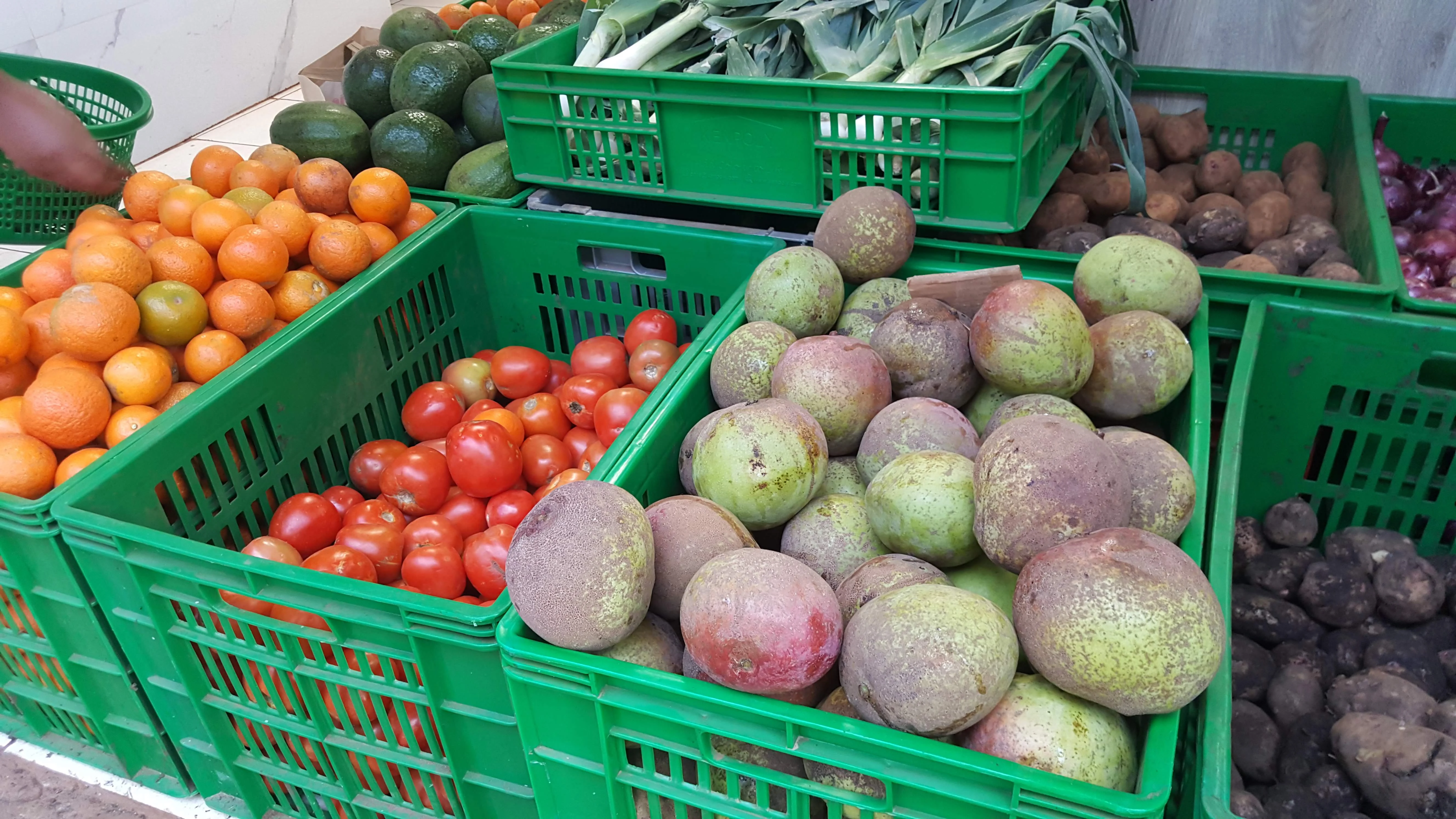With celebrities endorsing gluten-free diets and numerous studies claiming that gluten is a potentially harmful compound, it’s no wonder that more people are going gluten-free every year. A gluten-free diet excludes all gluten-containing foods. Gluten is a protein that is naturally found in a range of grains, including wheat, rye, barley, and spelt. Even some foods that don’t naturally contain gluten may be contaminated with the protein if manufactured in the same warehouse as gluten-containing grains. Gluten is often added to foods to enhance their texture. It acts as a binding agent and adds extra flavor to these foods. Therefore, you might spot gluten on the nutritional labels of a wide range of food products in the grocery store. It’s even found in some beauty and cosmetics products too.
Should You Follow a Gluten-Free Diet?
With the growing popularity of the gluten-free diet, you might be considering it yourself. Before you start cutting out gluten-containing foods from your diet, it’s important to understand what the scientific research shows.
Gluten-free diets are necessary for individuals with certain medical conditions. However, there is very little evidence that confirms the health benefits of completely cutting gluten out of your diet if you don’t suffer from a chronic condition.
With this being said, there is no harm in following a gluten-free diet if you feel healthier for doing so. You won’t experience any negative side effects of cutting out gluten, as long as you are still consuming the necessary nutrients and calories for your body.
It’s important that you don’t replace the gluten-containing products in your diet with high-fat, high-sugar foods, as this can negatively impact your health. Instead, replace them with low-fat dairy products, healthy gluten-free grains, lean meats or meat alternatives, and lots of fruits and vegetables.
Most grocery stores now offer a wide variety of gluten-free products so you shouldn’t struggle to find nutritious foods to fuel your body. Gluten-free grains include rice, quinoa, couscous, oats, corn, and buckwheat so make sure to include lots of these in your diet to replace gluten-containing grains.
Who Should
Follow a Gluten-Free Diet?
Gluten-free diets are recommended and sometimes even necessary for people with certain digestive conditions. Those with celiac disease must consume a diet that is completely free of gluten to avoid an autoimmune response. Otherwise, they may experience severe abdominal pain, bloating, or diarrhea.
Individuals with gluten sensitivity or gluten intolerance will benefit from cutting gluten out of their diets. If they consume a lot of gluten, they can suffer from bloating, constipation or diarrhea, excess gas, and stomach cramps. Taking the best gluten-free probiotics can help to relieve these symptoms and improve digestive health.
Wheat allergies are another reason to go gluten-free. Wheat contains high amounts of gluten so it can cause an immune response in those who are allergic to wheat. If somebody with a wheat allergy consumes wheat, they can experience skin rashes, headaches, fatigue, and sneezing. They will still be able to eat other gluten-containing grains, such as rye or barley.
This is a sponsored post.



No comments
Post a Comment